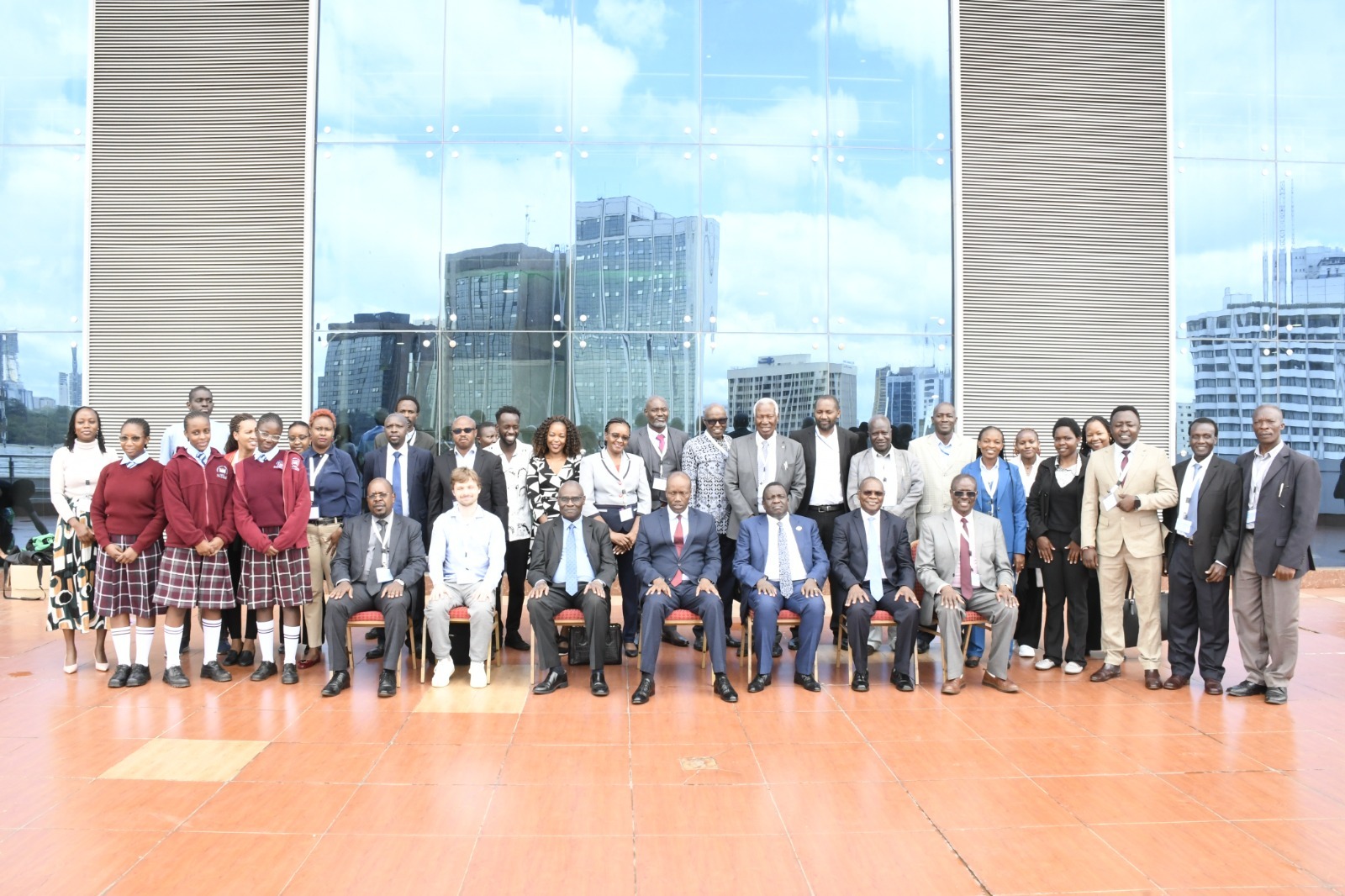

Prof. John Mburu
Prof. John Mburu is an Agricultural Resource Economist who holds a Ph.D. in Agricultural and Resource Economics from the University of Goettingen, Germany (2002). He is well versed with theory and practice of project analysis as well application of concepts such as Cost-benefit analysis; Incentives for conservation of biodiversity and natural resources, Irrigation, Market chain analysis, Climate change, Cross border trade, Microfinance, Poverty and Horticulture commodity value chain analysis. He has extensive experience in conducting baseline and follow-up surveys on livestock, conservation of forests, wildlife, traditional crop varieties, livestock breeds and other forms of biodiversity. He is currently a Professor at the Department of Agricultural Economics, University of Nairobi, Kenya. Over the years, Prof. Mburu has gained expertise in applying the concepts of New Institutional Economics (NIE) and Sustainable Livelihoods Framework (SLF) in applied research on smallholder agriculture commercialization and rural development. He has also worked extensively in dairy and horticulture value chains, focusing on commercialization and mapping as well as in institutional analysis of the sector in Kenya. He has extensively studied collective action through cooperatives and farmers groups and contract farming as one of the innovative ways that allows smallholder farmers to access markets. LinkedIn Google Scholar
Current professional activity
- Professor of Agricultural Economics – University of Nairobi, Kenya
CONTACT
PROFESSIONAL
844 Building
Upper Kabete Campus
Naiorbi
00625
Kenya
Phone: +254204916019
Mobile: +254721730443
PRIVATE
Qualifications
Agricultural Sciences
University of Goettingen - PhD
21/09/1999 until 29/11/2002
Publications
Assessment of socio-economic determinants and impacts of climate-smart feeding practices in the Kenyan dairy sector
The Kenyan dairy sector has economic potential to improve the welfare of rural households. However, the availability of feed resources, an essential input in dairy production, remains a significant constraint and is exacerbated by the effects of climate change. Using...
Ordered probit results of determinants of climate change vulnerability across different agricultural enterprises in Kenya
Climate change is significantly impacting small-scale farmers in Kenya, particularly those engaged in key agricultural enterprises; crop cultivation, livestock farming, and fish production. To design interventions and develop policies to address the challenges posed by climate change, it is important...
Silicon Savannah and smallholder farming: how can digitalization contribute to sustainable agricultural transformation in Africa?
CONTEXT: The development of smallholder agriculture in Africa faces numerous challenges. While digitalization is seen as a transformative opportunity for the continent's agricultural sector, there is limited empirical evidence on the effectiveness and impact of digital tools for smallholder farmers....


